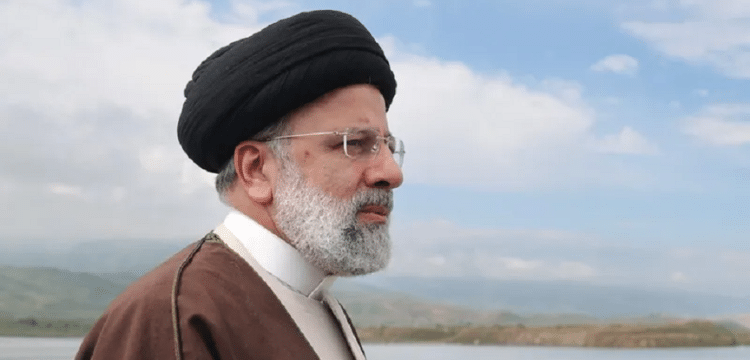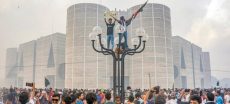[vc_row][vc_column][vc_column_text dp_text_size=”size-4″]Iran’s President Ebrahim Raisi passed away following a helicopter crash in a rugged area amid adverse weather conditions. A prominent figure aligned with conservative and hardline factions within Iranian politics, Raisi served as president for nearly three years and was anticipated to seek re-election.
Prior to his presidency, Raisi held the position of chief justice and was considered a potential successor to Ayatollah Ali Khamenei, Iran’s supreme leader.
Read more: Iranian President Ebrahim Raisi Killed in Helicopter Crash
Born in Mashhad, a Shia religious center, Raisi received religious education in Qom, where he studied under notable scholars including Khamenei. Like the supreme leader, Raisi wore a black turban, signifying his status as a descendant of the Prophet Muhammad, a significant designation among Twelver Shia Muslims. Raisi’s career included roles as a prosecutor and membership in the Assembly of Experts, responsible for selecting a successor to the supreme leader.
He also served as attorney general and led the Astan Quds Razavi, a charitable trust overseeing significant assets and the shrine of Imam Reza. Raisi contested the presidency in 2017 and later assumed leadership of Iran’s judiciary. His presidency in 2021 coincided with challenges including low voter turnout and disqualification of reformist candidates.
Raisi maintained a hardline stance against Israel, the United States, and their allies, condemning their actions in conflicts such as the war on Gaza. He supported Iran’s “resistance” policy amid international sanctions following the withdrawal from the 2015 nuclear deal. A close ally of the Islamic Revolutionary Guard Corps (IRGC), Raisi backed Iran’s support for regional groups in Iraq, Syria, Lebanon, and Yemen.[/vc_column_text][/vc_column][/vc_row]











